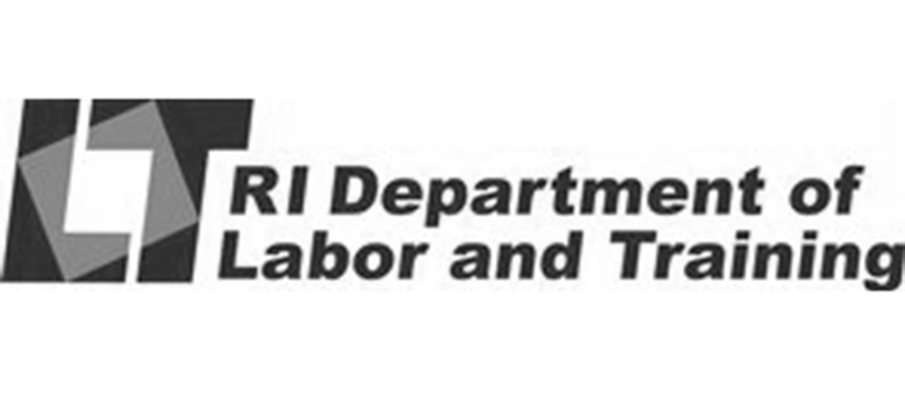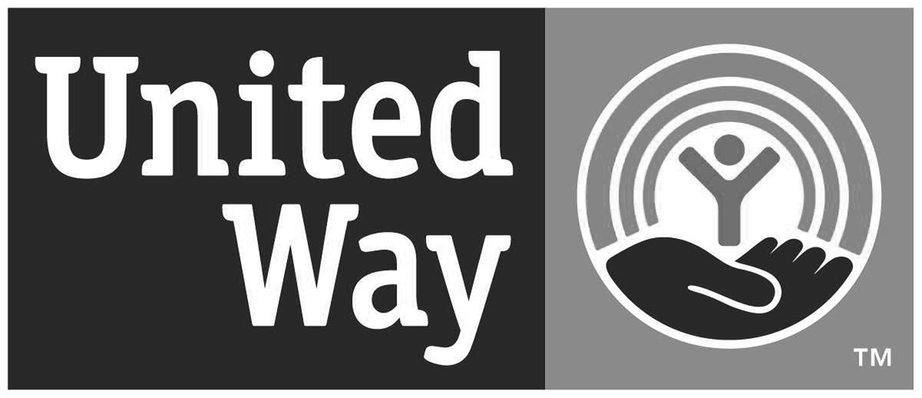What are some of the barriers to college enrollment?
There are many factors, such as chronic absenteeism, that are highly predictive of low college enrollment and persistence.
Other barriers students face when enrolling and persisting in college include, but are by no means limited to:
- Finances -- the family's ability to pay or access grants and scholarships
- Family obligations -- some students are already parents themselves or care for ailing, aged or young family members
- Counseling -- high-school guidance counselors, who often have extremely high case loads, are not always able to offer adequate college-going support
- High residential mobility -- students whose families move residences frequently often have profound gaps in their education that are neither identified nor remediated
- Inadequate K-12 preparation -- students whom schools have matriculated but who have not met the grade-level expectations can't meet college expectations or they give up and drop out before high-school graduation.
Related Materials: This Data Story explores the considerable impact that chronic absenteeism has on college enrollment and persistence. And this Data Story follows the paths of students based on their math proficiencies. Attendance Works has extensive research on this subject, some of which is summarized in the list above.









